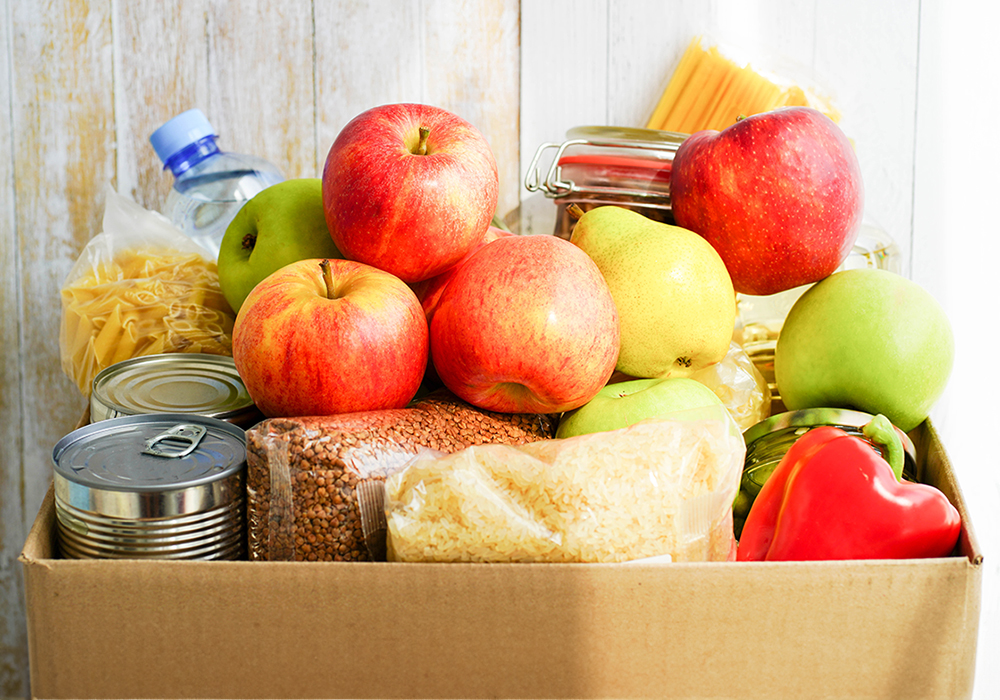In 2008, Feeding America established September as Hunger Action Month to bring together food banks, food pantries, and local meal programs to raise awareness about hunger and inspire people to take action. Here are some ways that you can advocate for patients with cancer who are experiencing food insecurity this month:
- Educate: Help patients understand how nutrition can affect their cancer treatment and recovery. The American Cancer Society, National Cancer Institute, and large health organizations such as Memorial Sloan Kettering Cancer Center and Johns Hopkins Medicine provide resources for patients on healthy eating. Prevention and survivorship tools include the American Institute for Cancer Research’s Healthy Eating resources and the Academy of Nutrition and Dietetics’ Find a Nutrition Expert.
- Screen: Integrate routine hunger screening into patient assessments. The Hunger Vital Sign is just one example of a validated tool to identify patients at risk of food insecurity. Other resources include:
- Abbott Nutrition Health Institute’s nutrition training programs
- Academy of Nutrition and Dietetics’ Nutrition-Focused Physical Exam Hands-On Training Workshop
- American Society for Parenteral and Enteral Nutrition’s Malnutrition Solution Center
- Iowa State University’s Nutrition-Focused Physical Exam webinar
- Refer: Connect patients to social workers and dietitians to help with referrals to local food banks, pantries, and nutritional support services. Keep your state’s agency information handy to refer patients to the Supplemental Nutrition Assistance Program (SNAP) if their diagnosis has led them to qualify. Patient support programs can provide meal deliveries to patients with cancer. You can also refer patients to the Academy of Nutrition and Dietetics’ Find a Nutrition Expert resource.
- Advocate: Support legislation that increases funding for nutrition assistance programs like SNAP.
- Hold a food drive: Contact food assistance programs and local food banks in your community to find out what products they need, then ask your colleagues and cancer center visitors to contribute throughout the year.
- Find community gardens: Partner with community gardens to provide fresh produce to patients. Involvement in gardening activities can also offer therapeutic benefits to patients.
- Volunteer at your local food bank or soup kitchen: Volunteering can help strengthen community ties and provide direct support to those in need.
- Consider creating a food pantry in your cancer center: Get advice and inspiration from the therapeutic food pantry at Mary Bird Perkins Cancer Center in Covington, LA.






